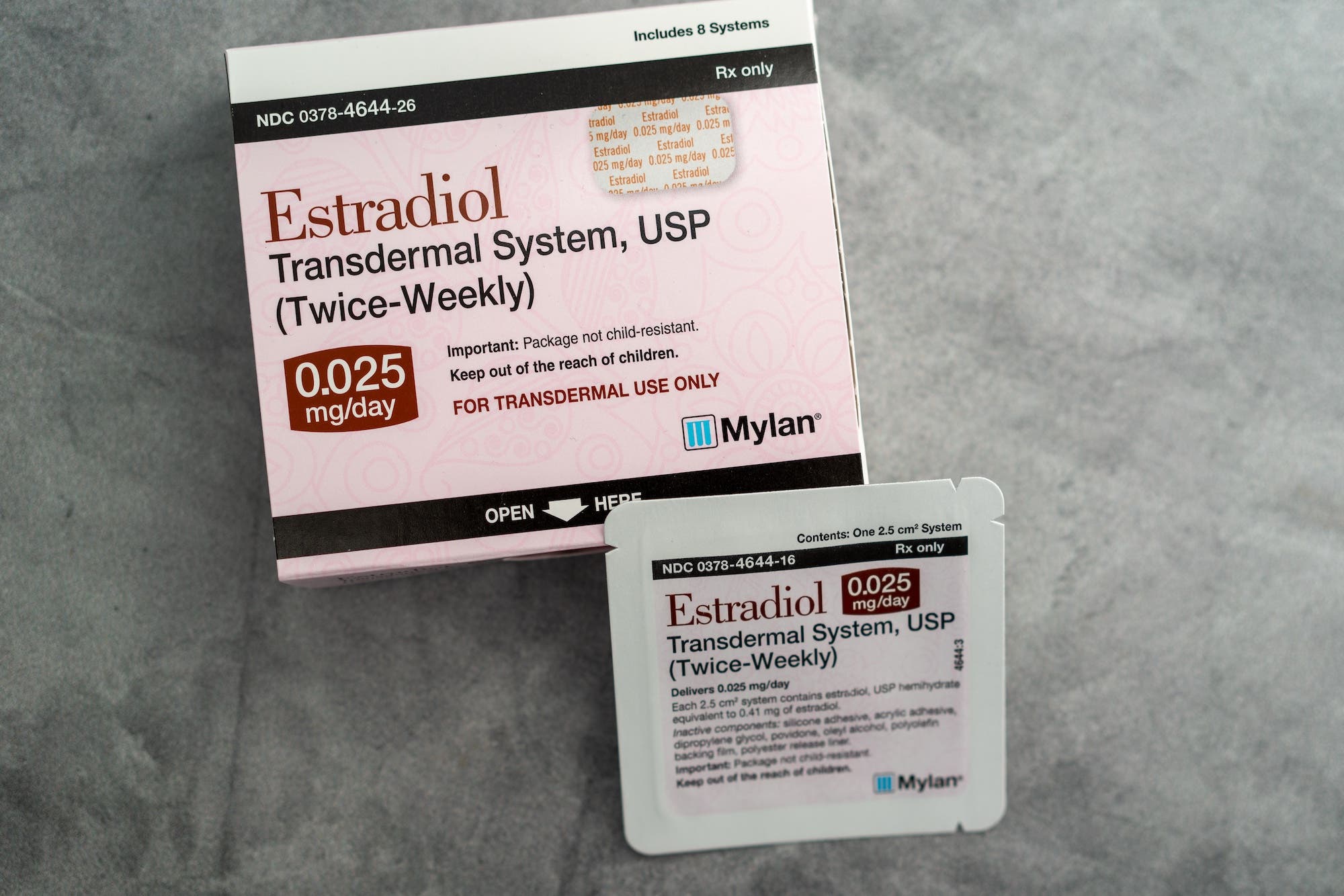Many of us can’t imagine starting our day without a cup (or two) of coffee. If you’re one of the 66% of Americans who drink coffee every day, you may not have thought about how caffeine affects your fertility. Robust scientific evidence indicates that lifestyle choices — especially diet — can influence sperm health. So what about caffeine, a primary ingredient in America’s most popular beverage: coffee?
Let’s take a closer look at how coffee affects male fertility and sperm health, how coffee compares to other caffeinated beverages, and how much caffeine is safe to drink.
Key takeaways
- Moderate caffeine consumption (the equivalent of 1–2 cups of coffee per day) is generally not linked to decreased sperm quality.
- High caffeine intake, especially from sugary sodas and energy drinks, may negatively affect sperm count, semen volume, and testicular function.
- Some studies show caffeine may improve sperm motility, but the evidence is inconclusive.
- For optimal sperm health, experts recommend limiting your consumption of caffeine and added sugars.
What is caffeine, and where is it found?
Found naturally in the fruits, leaves, and beans of coffee, cacao, tea, and guarana plants (among others), caffeine stimulates the central nervous system to promote wakefulness and mental focus. Research shows that caffeine is rapidly and completely absorbed in humans, with 99% being absorbed within 45 minutes of ingestion.1
The average 8-ounce cup of brewed coffee contains about 95mg of caffeine.2 Other preparations and sizes of coffee drinks can contain more or less. Caffeine is found in a wide variety of foods and drinks, including tea, energy drinks, sodas, chocolate, and supplements. Some “decaf” coffees and teas contain low doses of caffeine.3 Energy drinks can contain 160mg to 300mg of caffeine or more per serving.
How bad is caffeine for sperm?
The evidence is mixed. Some research shows that caffeine is associated with a decrease in sperm quality, especially when consumed in excess; other studies demonstrate that moderate caffeine consumption might actually be good for sperm.
Some studies have found that caffeine intake may negatively impact a couple’s chances of conception. A 2016 study showed that consuming caffeinated sodas and energy drinks, specifically, reduced fertility in males.4 The study also showed that females who consumed caffeinated tea beverages were less likely to conceive. A 2017 review of studies found evidence that caffeine may cause sperm DNA damage, but the authors warned that the research was inconsistent and inconclusive.5
A 2010 study showed that those who drank caffeinated cola had decreased average semen volume, sperm concentration, total sperm count, and percentage of spermatozoa compared to non-cola drinking men.6 The same study showed that when caffeine intake exceeded 800mg from all sources (including coffee), sperm count was also lower — but the association between caffeinated cola and poor semen parameters was stronger.
This is backed up by another study that looked specifically at coffee consumption.7 Of 1,321 men, the 204 participants who drank more than 3 cups of coffee a day had similar sperm concentration, but lower sperm quality than those who drank fewer than 3 cups of coffee per day. Surprisingly, researchers in this study noted that caffeine appeared to have an even more damaging effect on sperm quality than alcohol and smoking.
And while human studies are limited in this area, some animal research shows that caffeine exposure during sexual maturation may alter the anatomy of the testicles, even in small doses.8 Furthermore, caffeine may interfere with testosterone production, possibly delaying the onset of sexual maturation (puberty) — especially crucial information for young coffee drinkers.
Is caffeine good for sperm?
Interestingly, some studies show that caffeine may actually have a positive influence on sperm health.
A 2021 study examined the effect of caffeine on sperm “in vitro,” or in the lab. Researchers exposed two sets of semen samples to caffeine — one containing sperm with normal motility (movement) and one with reduced motility. They found caffeine stimulated motility in both groups.9 Animal research supports this correlation between caffeine and sperm motility, finding that exposing mouse sperm to caffeine improved motility, vitality, and oocyte (egg) fertilization rates.10
Does this work “in vivo” (in the body)? One Brazilian study says yes. Researchers found that average sperm motility increased alongside coffee consumption, and that even participants who drank more than six cups of coffee per day (yes, *more than six* per *day*) had higher sperm motility, on average, than those who drank no coffee. Semen volume and sperm concentration did not seem to be affected.11
But before you crank up your coffee consumption: not many studies have found this positive correlation between caffeine and fertility, at least not among IVF patients. A comprehensive study from an Italian fertility clinic showed no statistically significant association between caffeine intake and implantation, fertilization, or live birth in a cohort of fertility patients.12
Further, a 2022 review of 12 studies found no association between caffeine consumption and pregnancy or live birth rate in men or women going through IVF (in vitro fertilization) or ICSI (intracytoplasmic sperm injection).13
How sugar affects male fertility
Why do some studies show that caffeine affects male fertility negatively, while others demonstrate a positive effect? One plausible explanation is the sugar found in many caffeinated beverages like soda and energy drinks. While soft drinks like these typically contain less caffeine than a cup of coffee (less than 30 mg), experts report that soft drinks are the single largest source of calories and added sugar in the U.S. diet, containing up to 40 grams of sugar.14
Excess sugar consumption is notorious for its negative impact on male fertility, affecting everything from sperm count to testicular function.15 This could be the driving factor behind the negative impact that soda and other sugary drinks have on sperm16 or could compound the impact of caffeine.
Learn more about sugar and male fertility.
How much caffeine is safe for sperm?
One to two cups of coffee per day should not affect most people’s fertility. Low to moderate daily caffeine consumption is not associated with a reduction in semen quality, according to a 2010 study published in the American Journal of Epidemiology.17 The exception: if that caffeinated beverage is cola — possibly because sugar has been shown to be toxic to sperm.
In its 2022 committee opinion, the American Society for Reproductive Medicine and the Society for Reproductive Endocrinology and Infertility gave its verdict: Moderate caffeine consumption (1–2 cups of coffee per day, or up to 200 mg daily) has no apparent negative effect on semen parameters. However, high caffeine intake (about 500 mg/day, or around 5 cups of coffee daily) has been associated with decreased fertility, though not specifically with changes in semen parameters.18
The bottom line about caffeine and sperm health
Evidence around caffeine and male fertility is mixed, so we recommend moderating caffeine intake and avoiding added sugars — especially if you’re trying to conceive.
Caffeine intake may have a negative impact on male fertility, including sperm count and testicular function, especially when used in excess and when found in sugary beverages like cola and energy drinks. Though some limited research suggests that caffeine may increase sperm motility, most fertility experts agree that caffeine intake should be low to moderate (and consumption of added sugar should be minimal) for the best chance of producing healthy sperm.
Get answers with a semen analysis
Wondering how your lifestyle choices — like diet and caffeine consumption — may affect your fertility? A semen analysis is the best way to get information on your sperm health. Sperm production has a cycle that refreshes about every 72 days, so if any issues with your semen parameters are identified, you can make lifestyle changes and retest after a few months.
Read more in our guide to sperm improvement.
References
- 1. Institute of Medicine (US) Committee on Military Nutrition Research. “Caffeine for the Sustainment of Mental Task Performance,” 2001.
- 2. U.S. Department of Agriculture. “Beverages, coffee, brewed, prepared with tap water,” 2019.
- 3. McCusker et al. “Caffeine content of decaffeinated coffee,” 2006.
- 4. Wesselink et al. “Caffeine and caffeinated beverage consumption and fecundability in a preconception cohort,” 2016.
- 5. Ricci et al. “Coffee and caffeine intake and male infertility: a systematic review,” 2017.
- 6. Jensen et al. “Caffeine Intake and Semen Quality in a Population of 2,554 Young Danish Men,” 2010.
- 7. Wogatzky et al. “The combination matters – distinct impact of lifestyle factors on sperm quality,” 2012.
- 8. Bae et al. “Dose- and time-related effects of caffeine on the testis in immature male rats,” 2016.
- 9. Banihani et al. “Caffeine increased progressive motility of human spermatozoa in normozoospermic and asthenozoospermic semen samples and enhanced activity of seminal creatine kinase,” 2021.
- 10. Nabavi et al. “Effect of caffeine on motility and vitality of sperm and in vitro fertilization of outbreed mouse in T6 and M16 media,” 2013.
- 11. Sobriero et al. “Semen analysis in fertile patients undergoing vasectomy: reference values and variations according to age, length of sexual abstinence, seasonality, smoking habits and caffeine intake,” 2005.
- 12. Ricci et al. “Maternal and Paternal Caffeine Intake and ART Outcomes in Couples Referring to an Italian Fertility Clinic: A Prospective Cohort,” 2018.
- 13. Rao et al. “The association between caffeine and alcohol consumption and IVF/ICSI outcomes: A systematic review and dose-response meta-analysis,” 2022.
- 14. Harvard T.H. Chan School of Public Health. “Sugary Drinks,” 2023.
- 15. Efrat et al. “Sugar Consumption Is Negatively Associated with Semen Quality,” 2022.
- 16. Joseph et al. “A preconception cohort study of sugar-sweetened beverage consumption and semen quality,” 2024.
- 17. Jensen et al. “Caffeine Intake and Semen Quality in a Population of 2,554 Young Danish Men,” 2010.
- 18. Practice Committee of the American Society for Reproductive Medicine and the Practice Committee of the Society for Reproductive Endocrinology and Infertility. “Optimizing natural fertility: a committee opinion,” 2022.



